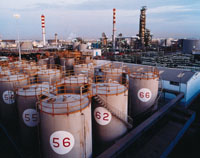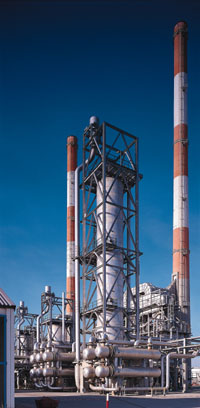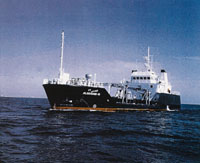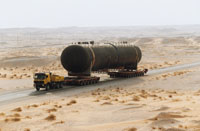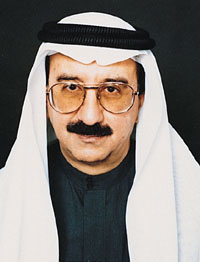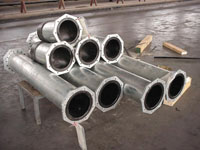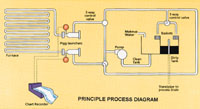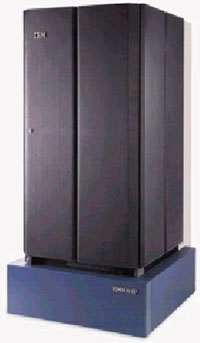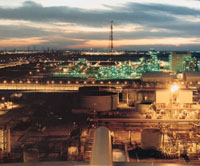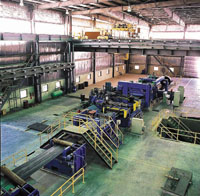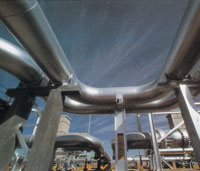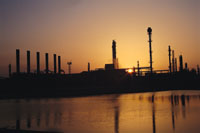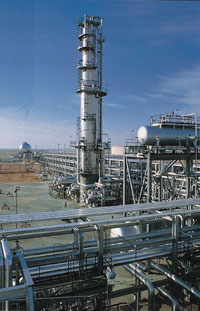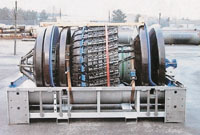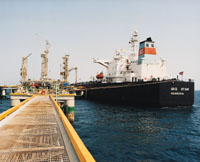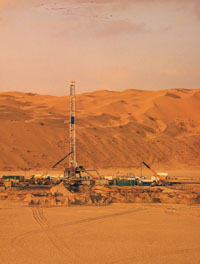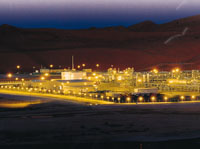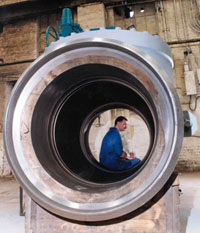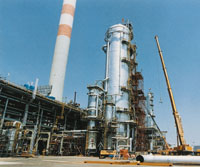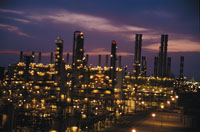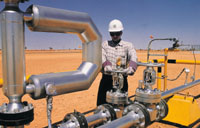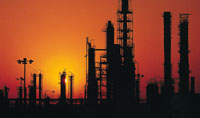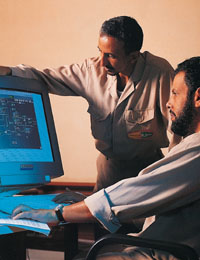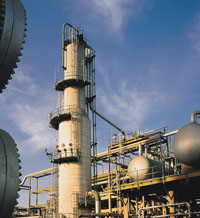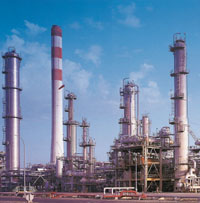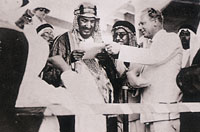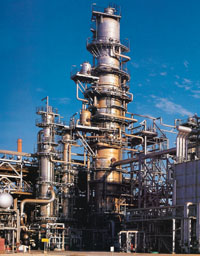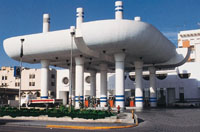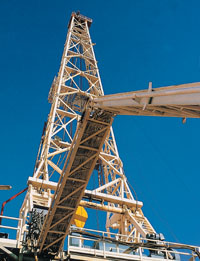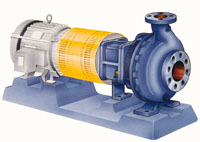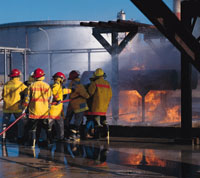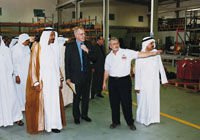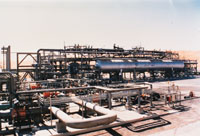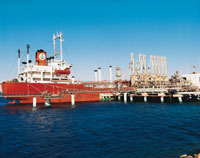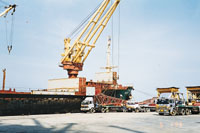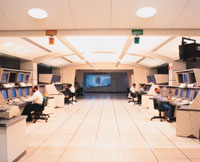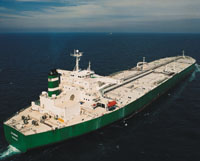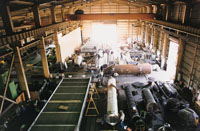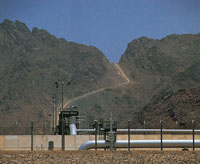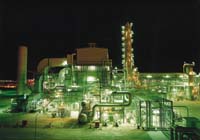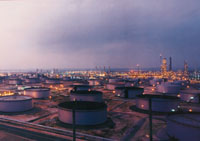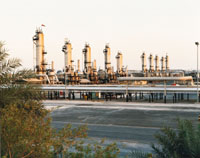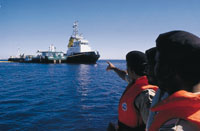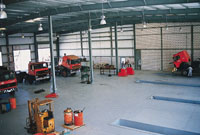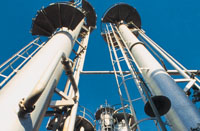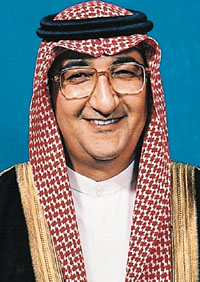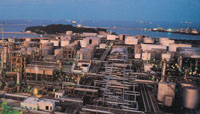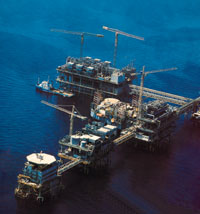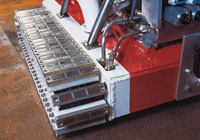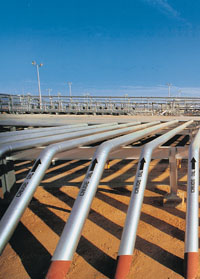
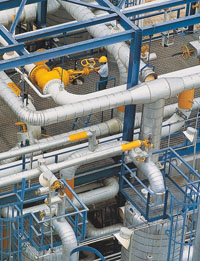
There has been much interest in the Saudi government's invitation to foreign companies to invest in the Kingdom's oil and gas sector.
Royal Dutch Shell is one of those firms which has put forward a set of investment proposals to the government.
In its proposals, the company says it has sought to identify elements which would benefit the Kingdom, taking into account the full range of Saudi Aramco's achievements and interests, and the understanding it have built up over many years of close cooperation.
The areas of possible cooperation are endless, but investments are likely to be prioritised for projects addressing the increasing domestic demand for gas in all facets of its utilisation.
Shell's proposal is said to reflect that philosophy with confidence, and company officials say that it is uniquely qualified by its extensive experience in planning and executing large-scale multifaceted projects in cooperation with governments and local companies worldwide, including Saudi Arabia.
The Royal Dutch/Shell Group's partnership with the Saudi government and its people has extended over more than five decades. Today, the Group's activities include five major joint ventures, making Shell an industry leader and one of the largest foreign investors in the Kingdom for domestic and export-orientated productions.
Shell's history in Saudi Arabia dates back to the 1940s with aviation and lubricants businesses.
Partnerships flourished and business continued to grow, leading to Shell embarking on its first and biggest joint venture in Saudi Arabia.
In 1976, it set up a refinery company with Petromin in Jubail. Now known as the Saudi Aramco Shell Refinery Company (Sasref), it remains one of the largest and most modern refineries in the world.
As the Kingdom's aviation needs continued to expand, in cooperation with BP and Saudi partners, Shell decided to form another joint venture. Established in 1977, the Peninsular Aviation Services Company (PASCO) is amongst the leading suppliers of aviation fuels in the Western Province.
In 1985, two lubricants joint ventures were formed to produce Shell Lubricants. Al Jomaih and Shell Lubricating Oil Company (JOSLOC) and the Saudi Arabian Markets and Shell Lubricants Company (SASLUBCO) have both proved highly successful partnerships, maintaining market leadership in automotive lubricants.
Later in the same year, another major Shell investment was agreed, namely the Saudi Petrochemical Company (Sadaf), a joint venture between Saudi Basic Industries Corporation (Sabic) and Pecten Arabian Oil Company, an affiliate of Shell Oil Company USA.
Sadaf commenced commercial operations in 1986 as one of the world's largest ethylene plants, and today produces styrene, ethanol, ethylene dichloride and caustic soda.
In addition to these local investments, Shell is one of the largest lifters of Saudi crude.
Shell is the world's largest private operator producing oil and gas.
This is because the company says that it is keen to perform a quality job in close cooperation with local governments and state-owned companies, according to Jeroen van der Veer, managing director of the Royal Dutch/Shell Group with specific responsibility for the Middle East.
''We also place much emphasis on human resource development, and I think that is the key to Shell's success,'' he said.
''It is important not to be over-dominant but to work with the host country.''



















































































